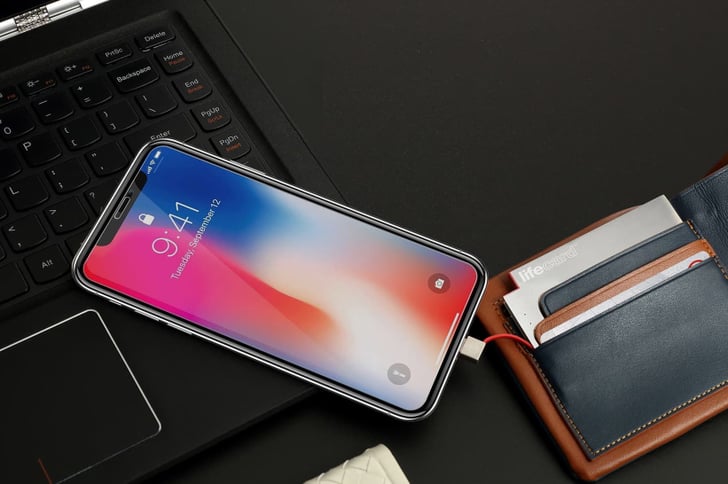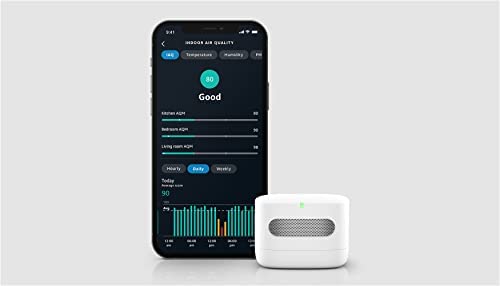
If you're looking for something truly out of the box, there's no better place to look than Amazon. There, you'll find everything from novelty gifts for pranksters to gadgets that are so wacky they might actually be useful.
Amazon has the Coolest Stuff
It is easy to get overwhelmed with all the choices on Amazon. Therefore, it is important that you only purchase items that are actually useful. That's why we put together this list of our favorite trendy things to buy on Amazon, including home organizers, top-rated fashion pieces, viral TikTok finds and game-changing face masks.

Amazon's Strangest Items
Amazon can easily find weird products. But it can sometimes be difficult to identify what is actually strange and what isn’t. Here are some of the craziest and most unusual products you can find on the online retailer, from a rubber chicken purse to a yodeling pickle.
Water bottles that are cute
This ice cream-shaped water container is great for those who want something different from the usual glass jug. It is available in several colors and has an extra-long strap that allows you to keep the bottle close by while you drink. It also has a built-in straw so you can enjoy your favorite beverage hands-free!
Toilet Bowl Light
This toilet bowl lamp is the ideal solution for those times when you need some extra light to illuminate your bathroom at night. It comes in 16 different colors with five brightness levels for even illumination.
Bluetooth speaker for the shower
While a bath can be calming, you won't be able to listen to your favorite songs if you don't have a speaker. This SoundBot waterproof Bluetooth speaker is essential for any bath. The speaker is small enough to be placed in your bathtub and can last for six hours on a single charge.

Cardboard Cutouts
This cardboard cutout is a great way to scare your friends and family with its prank potential, or send them as a 'gift' for their birthday. It will make any event more interesting and enjoyable, especially when shared with all the other guests!
FAQ
What are the reasons I shouldn't believe all the hype about sales in online and offline shops?
Sometimes, sites will overstate the starting price of an object to make you appear to be saving more. Just put the item you're interested in into your cart, so you don't lose it, and then do a quick Google search for the designer's name and the type of product you are shopping for. You might find out that the great deal you thought you got is actually not so great. You might even be able to find the exact same item at a lower price.
Are you convinced that it is important to use coupons in grocery stores?
Yes, using coupons is definitely worthwhile as they can help you save money. However, you also need to remember that you can't expect to get every single discount possible. It is best to match coupon prices with sales prices.
Coupons can be stacked together to maximize savings. For example, if you have two $2/1 coupons, you could combine them into one $4/3 coupon.
Are there any privacy concerns when I shop online
It is vital for consumers to find out what information they are giving up when they use Amazon.com. It is important for consumers to ask themselves whether they are willing to share their personal information with companies like Amazon. If you don't wish to share such information, you may need to limit your shopping experience on sites you feel comfortable sharing your private details.
Statistics
- All items on AliExpress have an estimated delivery time on the product page, and it's usually anywhere from 20 to 60 days. (makeuseof.com)
- An approximately 90% increase in price affords Hotel X the opportunity of extreme profits under severe circumstances. (dos.ny.gov)
- The vast majority only change a password to protect privacy a few times a year (27 percent) or, more likely, never (35 percent). (pcmag.com)
- According to the Federal Trade Commission (FTC), online shopping was the fourth most common fraud category for consumers as of February 2022.5 (thebalance.com)
External Links
How To
How to shop online safely
Online shopping is one the easiest ways to purchase goods and services. However, this convenience comes at a price. There are benefits, but also dangers to shopping online. Identity theft is the greatest risk. Identity theft is the most serious risk. Identity thieves will use your personal data (names, addresses, credit cards numbers) to steal your money or take out fraudulent loans. The thieves then sell the stolen information on black markets. These are some tips that will help you stay safe when doing business online.
-
Secure websites. Most online stores offer free SSL encryption to protect customers' information. It means that any information entered onto their website such as names, addresses and phone numbers is encrypted so that only you have access to it. This prevents others from seeing what you have entered. Make sure that you have a valid certificate issued from a recognized CA when choosing an online store. When browsing the internet, look out for the green padlock icon near the URL bar.
-
Never give your password away. When you sign up for your first account, you will receive an email asking to confirm your username and email address. These credentials must not be shared with third parties. Also, don't write them down anywhere because if someone steals your wallet, they could access your accounts too! Instead, save them on your personal computer. It is also recommended that you change your passwords at least once every three months.
-
Keep track of your orders. Track where you send packages if you're sending items to other people or yourself. Many people fall prey to fraud by believing that they sent something to themselves but it was actually sent to someone else. Before you make payment for shipping, be sure to check the tracking number. You should never ship anything without proof of delivery. If you aren’t satisfied with your service, contact the company as soon as possible.
-
It is important to know who you are dealing. Websites will often ask for sensitive information like your full name, date, birth date, Social Insurance Number and bank routing number. These details allow them to identify you. Be careful what information you give out. Google "what is required" if you are unsure if a website requires this information. You'll find many answers.
-
Pop-up windows are a danger. Pop-ups abound on many websites offering special offers, deals and other products. Although some of these advertisements may appear legitimate, others are intended to trick you into disclosing your private information. A fake antivirus program, for example, might ask you for your social insurance number and credit card number. To avoid being tricked, never click on links that appear suspicious.
-
Beware of phishing scams. Phishing scams involve hackers posing as reputable companies to trick consumers into handing over their financial information. Phishers will often send emails that appear to come from banks and retailers encouraging customers to log into their accounts and update any information. Hackers can gain control of your finances once your information is given. Hackers can also empty your bank accounts and transfer funds between accounts. The following resources can help you identify phishing scams.
-
Do your homework. Be sure to read the fine print before you sign anything. The terms and condition of any contract you sign must be easy to comprehend. You should carefully read through the contract and make sure you understand what you are agreeing to. It's important to avoid hidden fees and charges when trying to save money.
-
Shop around. Do not be afraid to shop around. Compare prices across multiple websites until you find your best price. When ordering multiple items, you can also compare shipping costs. Shipping rates can vary widely depending on which website is used. For expedited shipping, it is worth paying a bit more.